It doesn’t feel like long ago that I struggled to go just one week without alcohol. So it’s hard to believe that it’s now been two years without a drink. My original goal was to stop drinking for a year. However, after seeing how much my life changed in that year, I decided to stick with the sober life. I haven’t decided that I will never drink again but the longer I stay sober, the more reasons I find to want to stay sober.
Giving up a twenty-year binge-drinking habit has been one of the hardest things I’ve ever had to do. The new lifestyle still presents challenges, although it has proven that sometimes the hardest things to do are often the most rewarding.
Last year was tough. I consciously didn’t date anyone all year. I knew it was going to take at least twelve months to adjust to an alcohol-free life and to feel comfortable enough within my new sober skin to go on a first date. I also avoided as many social events as possible. Just the thought of going to a pub or bar, sober, made me feel uncomfortable. A few months into the year I came to the realisation that I not only had social anxiety but most likely always did have, and had been self-medicating with alcohol.
A few months into the sober life I got invited to a party. I knew I had to go because it was for a good friend and I couldn’t avoid parties for the rest of my life. I was dreading the thought of going. I constantly pictured myself at the party being socially awkward. I would keep coming up with excuses in my head of how I could get out of going. However, I knew that to move forward I would have to get over these hurdles. As it turns out, the party wasn’t as bad as I was expecting, nor were the next few parties after that. It’s like anything I guess, the more you do something the easier it becomes. Which is what happened after the first sober date; once I’d jumped that first dreaded hurdle it became easier and easier.
Slowly, I would start to see the benefits of being the sober one. Sure, maybe I wasn’t as loud, or cracking as many jokes, as the people drinking but at least at the end of the night I was coming home with money in my wallet and a clear head. It was a nice change to be able to remember everything that happened on a night out. The biggest benefit was saying goodbye to hangovers. Waking up fresh on the weekends has opened up a whole new world of opportunities. This simple pleasure was something that I’d not really experienced many times before. In my first (and last) blog ‘My twenty-year love-hate relationship with alcohol’, I calculated that I’d roughly wasted three and a half years of my life laying on a couch watching TV, hungover. With hangovers now out of my life, I’ve gained at least one night a week (from not drinking) and one full day (from no hangovers). I now find I have time to do things that I’ve wanted to do for years but never thought I had the time or money.
Another huge benefit of saying goodbye to booze is the amount of money you save. Also, the amount of energy you find you really have. Last year I discovered that with all the extra time, money and energy I had, I could finally start living the life that alcohol was holding me back from living. My thirst for alcohol became a thirst for knowledge. I took a short course in photography, which was something I’d always been interested in. I enjoyed it so much that I ended up doing two more similar courses. I also started up at a guitar-building school and built a bass guitar as well as rebuilding an old bass guitar that I had. I started studying Spanish. Learning another language was always on my bucket list. When alcohol was in my life, the thought of studying anything after work was just not an option. I couldn’t think of anything worse back then. Probably because I spent most of the week tired and recovering from the weekend. When I was drinking I would come home from work exhausted and quite often fall asleep on the couch before dinner. These days, most evenings I feel like doing something productive.
Realising how much more time I had on my hands got me thinking how I could get more hours out of a week to do things I wanted to do. So I slowly cut back on TV, to a point where I don’t really watch any now. I was watching probably three hours a night and maybe ten hours a day on a weekend, if I was really hungover. That’s up to thirty-five hours a week I’m getting back. So now I feel like I’m making up for some of that time I wasted with all those hangovers. I cut back on social media as well. Cutting out roughly an hour a day gives me another seven hours per week.
I love to travel. A big dream of mine was to do a big trip around the world. So now with a clear head, I put together a plan to make it happen. Obviously giving up partying was a huge saving but it also got me thinking of other ways to save money. As the year went on I could almost feel the brain cells grow back and actually started to feel smarter. Well, I was at least thinking a hell of a lot clearer anyway. Even the fact that I’m now writing blogs. The old me would have laughed at the idea of writing. The old me couldn’t have been bothered. My memory has never been great but I think that has improved a bit as well.
So by the end of 2017, after a year of planning and saving hard, I was off on my dream holiday. I travelled to twenty countries over six and a half months and ticked off a bunch of things from the bucket list. Peru and the Inca Trail were at the top of my bucket list. I got to spend seven weeks in Peru and did the Inca Trail. It was as amazing as I hoped it would be. I swam with sharks on the Belize Barrier Reef and snorkeled with a manatee. I went caving in some beautiful caves in Cuba, Belize, and Vietnam. I went to a few NBA games in Canada and the US and went to an NHL game. I went on the biggest zip line in the southern hemisphere, in Costa Rica, Superman style. In Nicaragua I saw flowing lava in a volcano, I climbed volcanos and even boarded down one. I met hundreds of people and made new friends all over the globe.
Living that dream was the best thing I’ve ever done. There is no doubt that it was better than a bunch of nights out at my local pub. That was another one of my reasons for wanting to stop drinking. I figured that I had been drunk so many times and had so many nights out but there were so many countries out there waiting to be explored. So why would I want to live the repetitious life of getting drunk every weekend when that money could be getting spent on something much more rewarding.
I think one appeal of alcohol is that it’s a quick solution to make you feel good. At least, that’s what we think. Is it really making you feel good though? If you are a heavy drinker like I was, there was only really a window of maybe a few hours that you felt good and happy before things started to get blurry and memory loss kicked in. For that few hours of feeling good, I would have to pay. Not just financially but for the next few days whilst I recovered. They say the older you get the worse the hangovers get. I partially agree with that. In my case, the hangovers were not necessarily getting worse but just lasting a lot longer. I don’t believe that it was just because I was getting older though. I think it was because the older I got the more alcohol I could handle and the longer I could drink for. As an adolescent, I maybe drank for two to six hours before vomiting or passing out. As I got older, I practically trained myself to be able to drink all through the day and night. So if your drinking sessions are three to four times longer than when you started out drinking, it makes sense that the hangovers are going to last three to four times longer.
So I eventually realised the hangovers that lasted for days were just not worth the one night (a few hours) of fun. In fact, the nights were no longer even really fun anymore. Rollercoasters are great fun but I imagine if you sat on one for twenty years, the novelty would probably wear off. Not only was drinking no longer as fun as it used to be but it was slowly becoming depressing. I felt like I was walking through a really long tunnel, slowly walking away from the light (the fun times) and into the darkness.
I think a lot of people are under the misconception that a night out with friends was fun because they were drunk. Maybe the night out was fun because you enjoy the company of your friends and they make you laugh. I don’t miss the taste of alcohol or the action of drinking. I do miss hanging out and having a laugh with friends though. It’s just unfortunate that having nights out in our culture, and most Western cultures, usually involves alcohol.
When I went back to work after travelling for the first half of the year, there was a new guy at work. He’s one of the most stereotypical Australians I’ve ever met. A tradie who’s life revolves around football, cricket, gambling, and beer. When he found out I didn’t drink, it was as if I’d just told him I was an alien or something. ‘What’s wrong with ya!?’ he said, in absolute shock. That reaction really annoyed me. I don’t think it was necessarily him I was annoyed at though. I was more annoyed because I felt that statement summed up the mentality of so many Australians. Because the vast majority of Aussies drink, they seem to think there must be something wrong with anyone that doesn’t. Coming home and having to deal with that attitude again was kind of unwelcoming.
People get stuck in loops. If you have a big night every weekend you usually feel pretty run down for a few days. Later in the week, you might feel like you need to get drunk to pick you up again. I think that in itself is a misconception though. Does it really make us feel that good? We might tell ourselves that it makes us feel good because we’ve had so many fun nights with alcohol. But really, there’s nothing fun about drinking alone and it doesn’t really make you feel good either. In fact, if you’re drinking alone, it’s probably making you feel more alone. Some people say they like a drink because it helps them relax. Is it the alcohol making you relaxed though, or the fact that you’re no longer at work and now sitting at home with your feet up. Ask yourself: Why do I drink? Question your relationship with alcohol. Is it really making you happier? I would actually love to hear all your answers.
Other negative loops can be eating too much and having weight issues. I’ve never really been overweight but I can relate to overweight people. Eating fatty or sugary foods is a way to momentarily feel good but then you may have the remorse when you start to put on weight. You might start to get down because of how you look, so you eat something that tastes good to make you feel better again. It’s a snowball effect. Drinking is the same. I enjoyed getting drunk (in the early days anyway) but then would have regrets about wasting money and only having myself to blame for feeling like rubbish for days after. It starts to really beat you down after so many years.
In my last year of drinking, that metaphorical tunnel was getting dark. To my surprise, it continued to get darker after I stopped drinking. Eventually, I stopped, I turned around. Now I’m heading back towards the light end and into a much happier and brighter future. I’m slowly becoming stronger, healthier and wealthier. I now feel like I’m stuck in a positive loop. The healthier I become physically, the healthier I become mentally, so I want to become stronger and healthier physically etc. At thirty-eight years old the thought of turning forty was really getting me down. Not now though; now I’m genuinely excited to see what my future holds and no longer worried about being in my forties.
It’s probably no real big surprise that one of the biggest benefits of getting rid of binge drinking from your life, is the health benefit. I had suffered from headaches and poor digestion as long as I can remember. Now for the first time in my life, my body is functioning the way it should be and coincidentally, no more headaches! For decades I had tried to work out what was causing the headaches. I now believe they were caused by digestive issues which were most likely linked to dehydration from binge drinking. The last few years I was drinking, I also noticed my legs would ache a lot. Sometimes to the point that I couldn’t sleep because my legs were so restless and aching so much. I had read that this could be caused by being dehydrated.
Which made sense, considering I was almost always in a state of dehydration. When I was drinking, I would constantly need water at hand, even all through the week. I was always thirsty. About six months after giving up alcohol, I started to notice that I could survive without having a water bottle constantly attached to my hand. About six to twelve months later, I started to notice my legs weren’t aching as much. There were a couple of times in the years leading up to me giving up alcohol that I had a month off drinking. When my legs still ached after a month sober, I decided that it must have been just from work and because I was getting old. Even though I didn’t think it was quite right to feel like that before I’d even turned forty. As it turns out, it takes longer than one month for your body to fully recover from twenty years of abuse. So, my advice to anyone looking to give up drinking is, don’t give up after a month because you haven’t noticed enough changes. It’s now been two years for me and I’m still discovering new benefits. I’ve never been diagnosed with anxiety but I definitely am an overthinker and occasionally get anxious about things. For example, I would overthink everything I posted on social media. I probably deleted fifty percent of things I posted because I would sit there overthinking what I had posted and wondering what people would think. In the last year, I think I’ve only deleted maybe one or two posts. So obviously my mental health is in a much better place as well.
They say ‘you are what you eat’. I now know what they mean by that. Although, I think the saying should be, ‘you are what you consume’. It’s amazing how much your mental and physical health changes when you stop fueling your body with rubbish and start filling it with decent fuel.
A quick recap of the last two years:
- Made peace with who I really am.
- Randomly got offered (and accepted) a great job.
- Travelled the world for six and a half months.
- Swam with sharks.
- Hiked the Inca Trail.
- Climbed a volcano.
- Lowered my anxiety levels.
- Became healthier and stronger both physically and mentally.
- For the first time in thirteen years, got involved in a serious relationship.
Far too many amazing life-changing events to just be a coincidence that they happened when I stopped drinking. Having said that, I did go through some tough times as I adjusted to a life without alcohol. My tip for anyone considering going down the long and rough road to a sober life (I learned this on my travelling. It’s a bit of a cliche but it’s true): Sometimes the longest and bumpiest roads, lead to the best places.
Anonymous




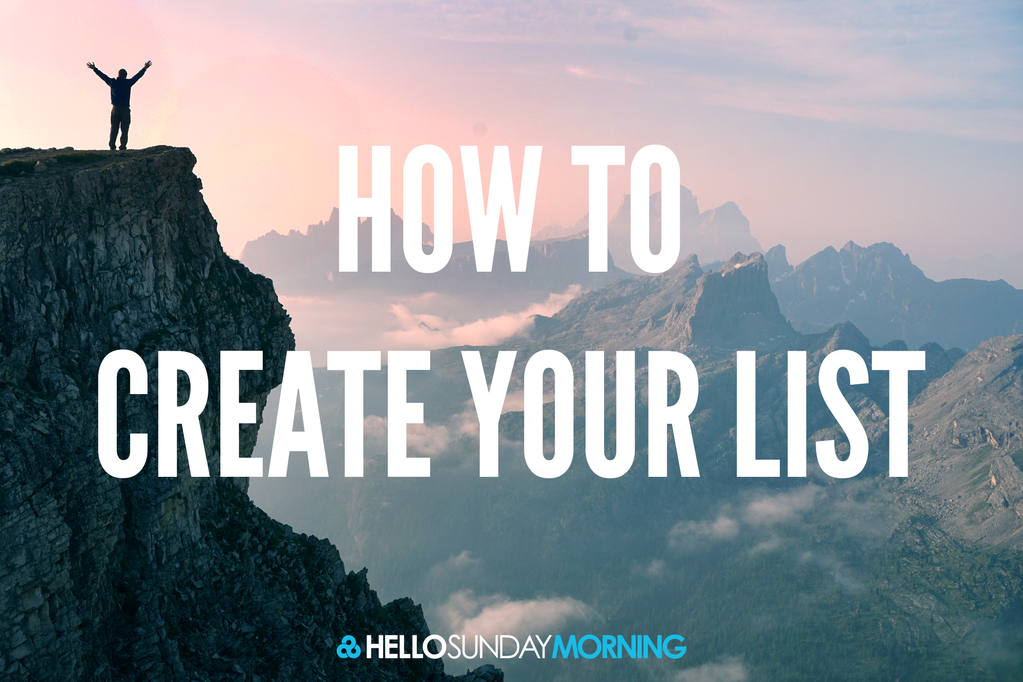
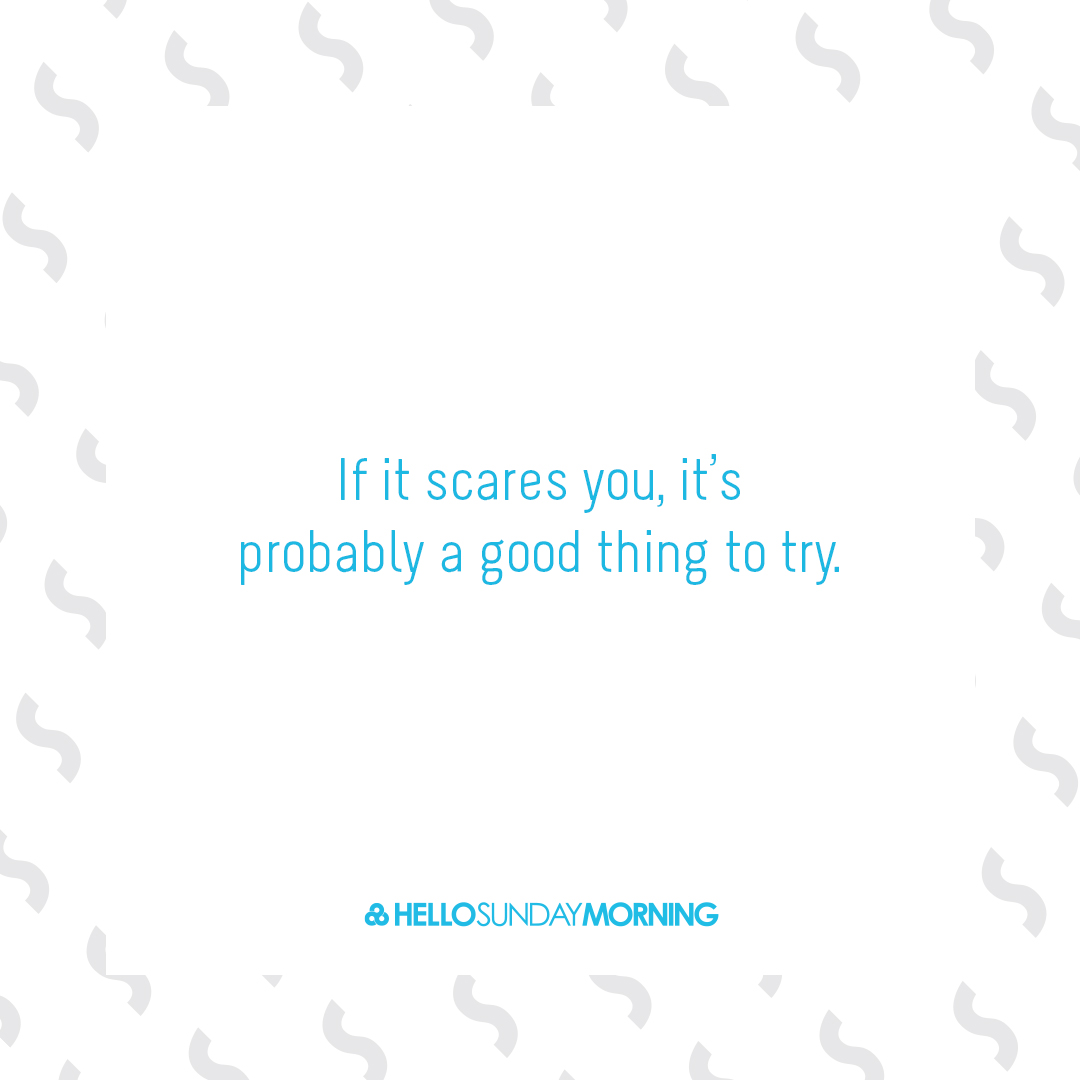
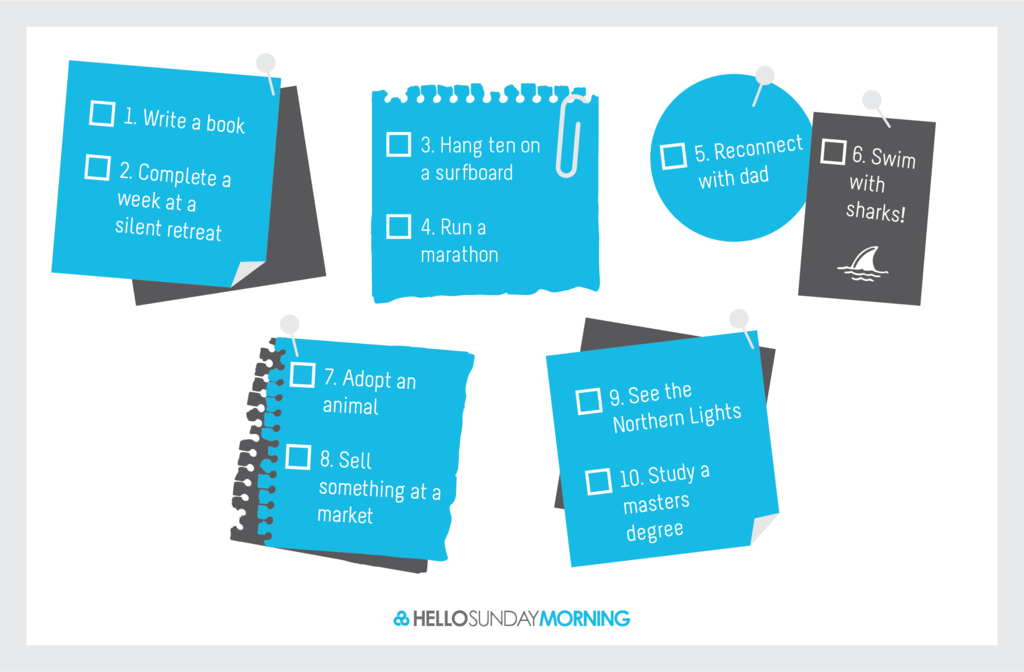
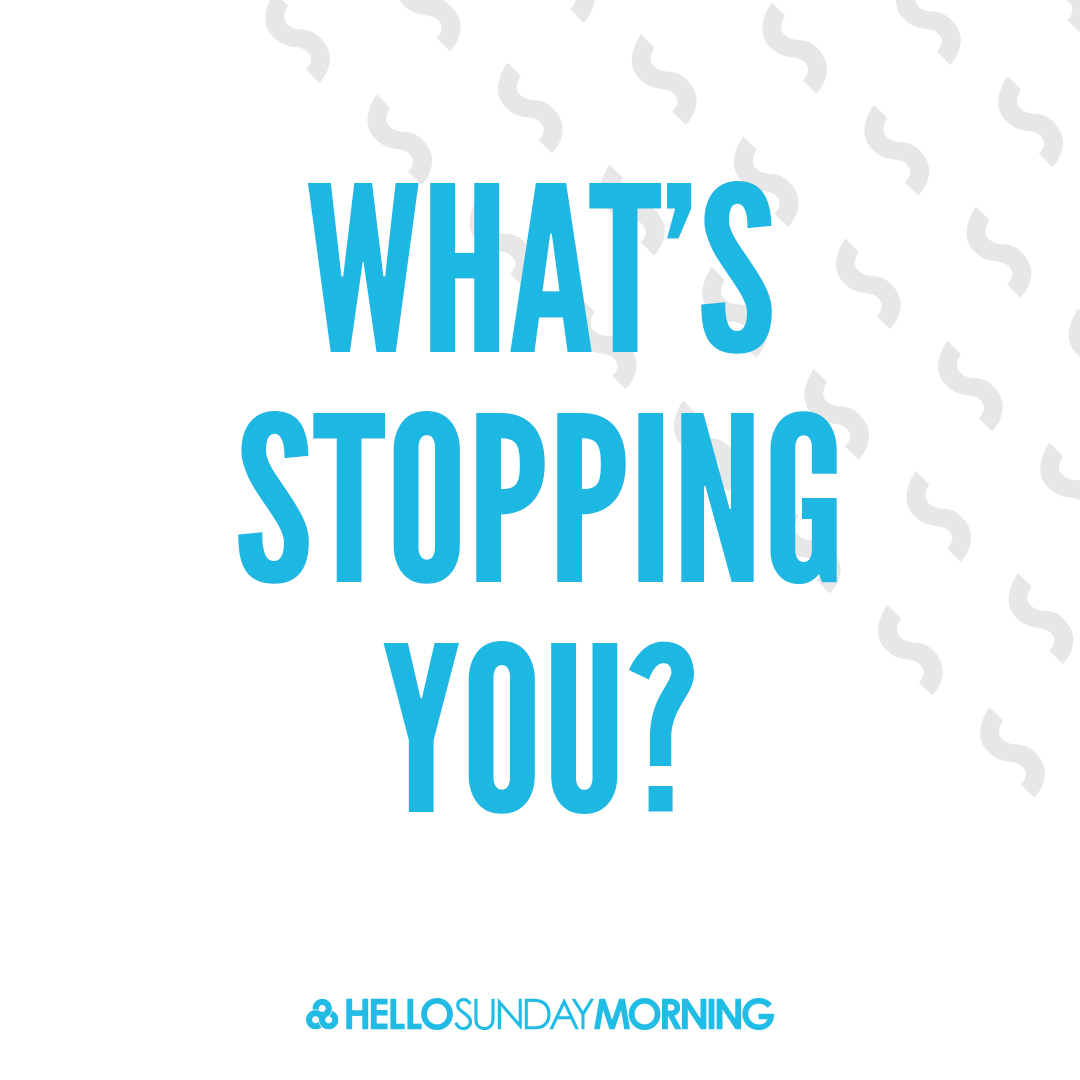
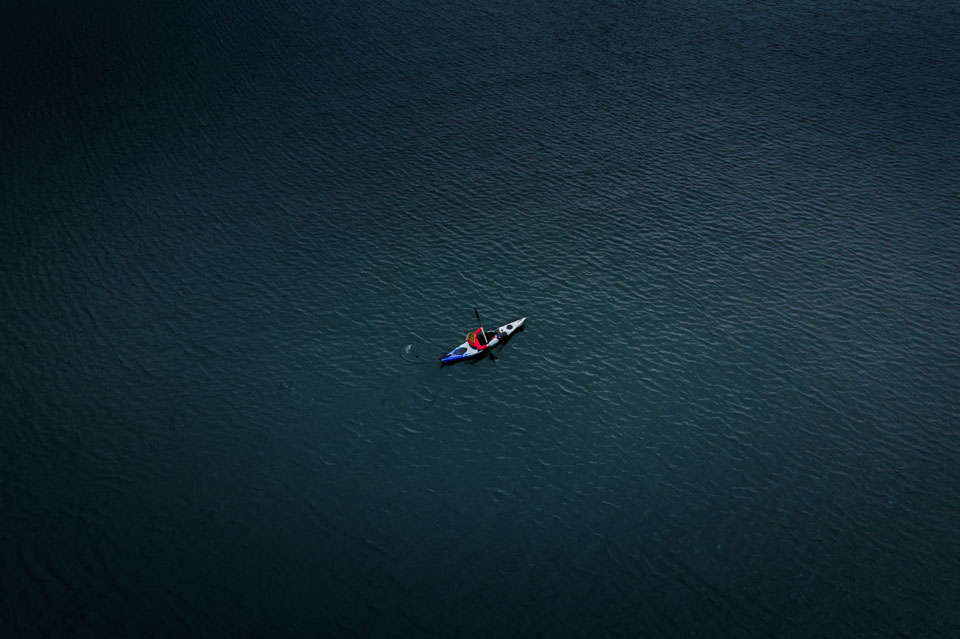
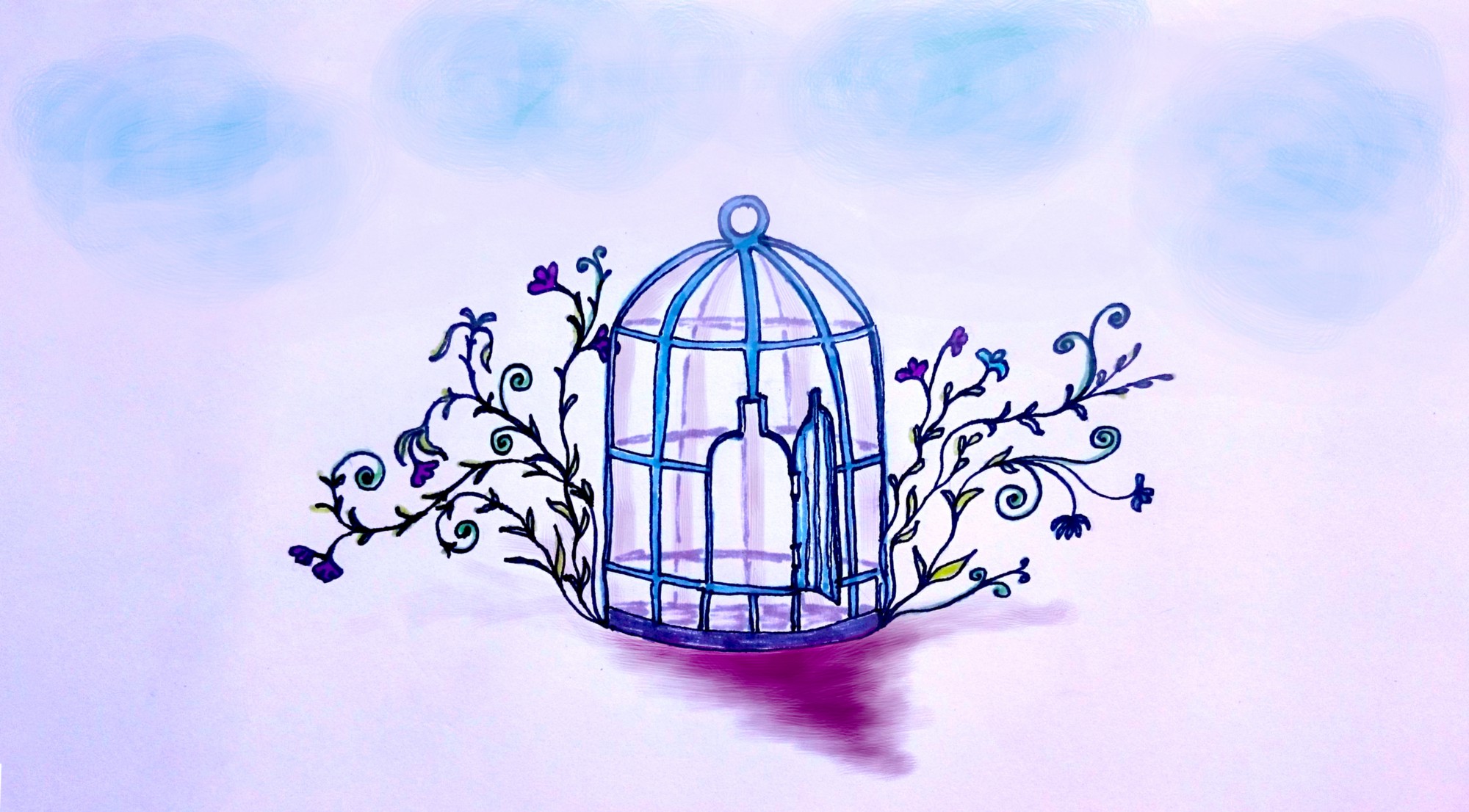

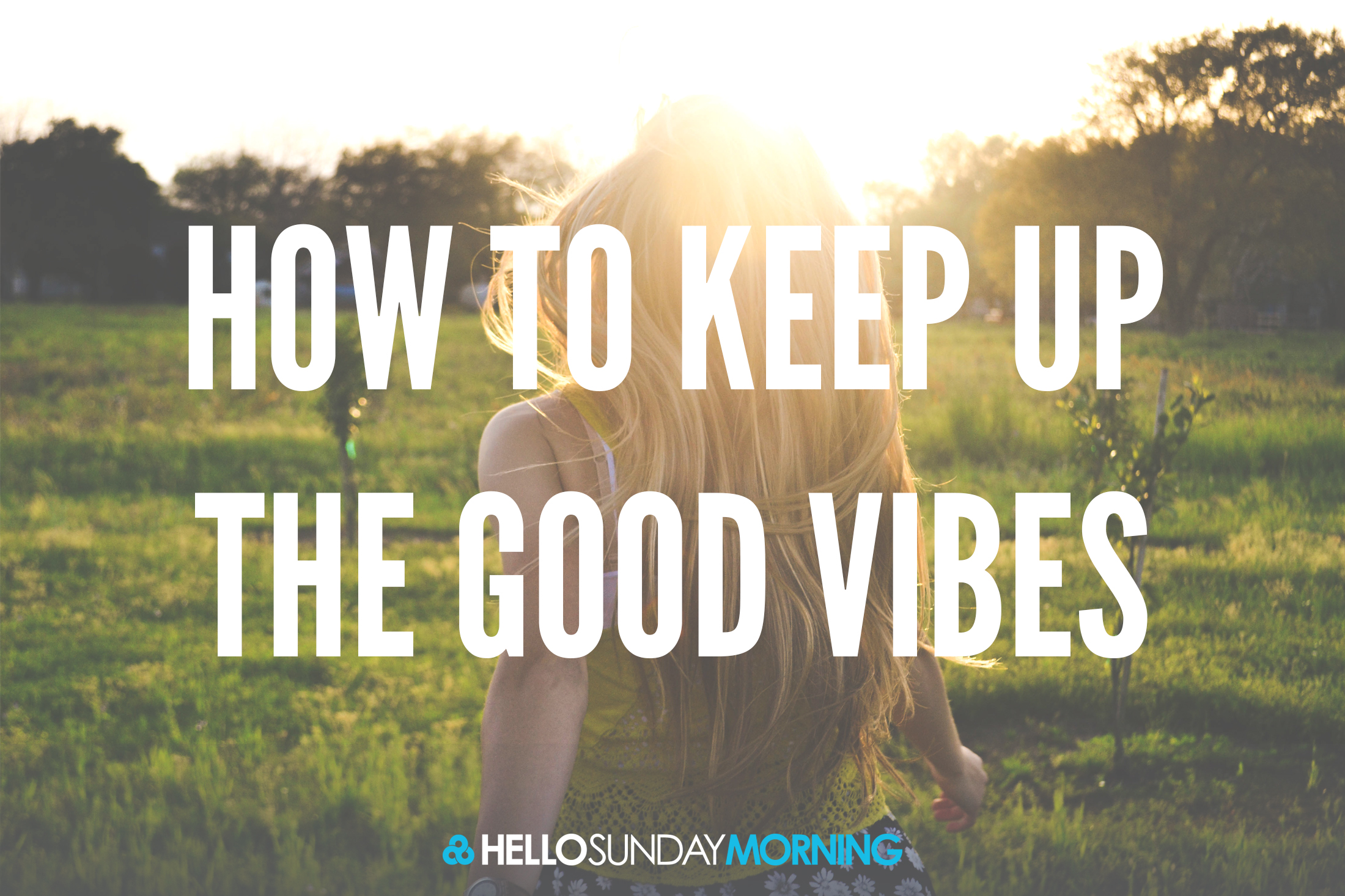

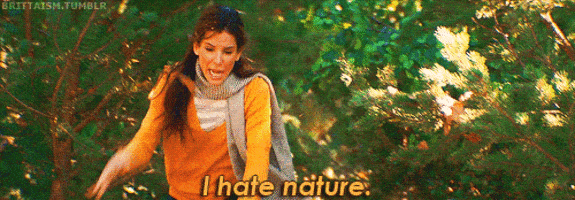
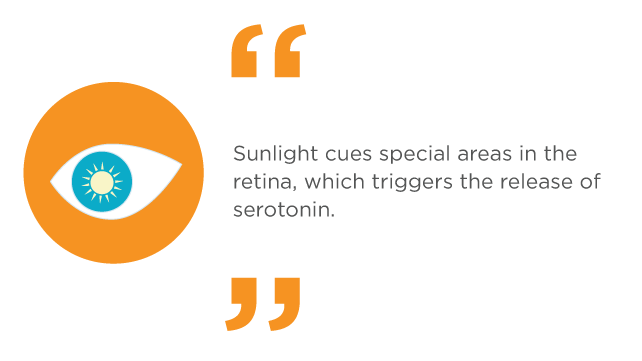
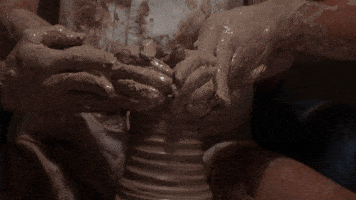


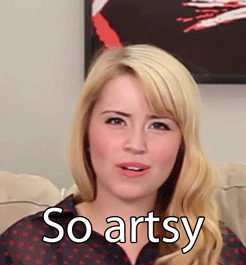
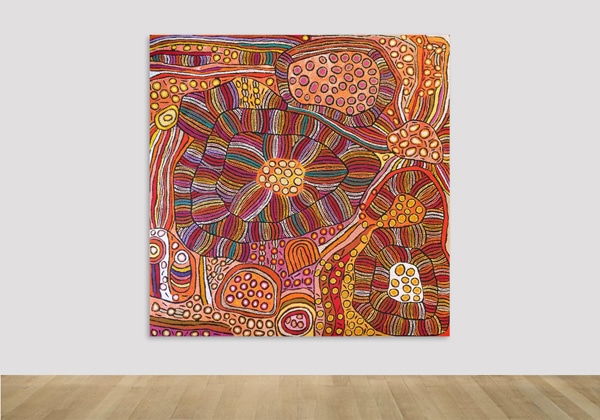

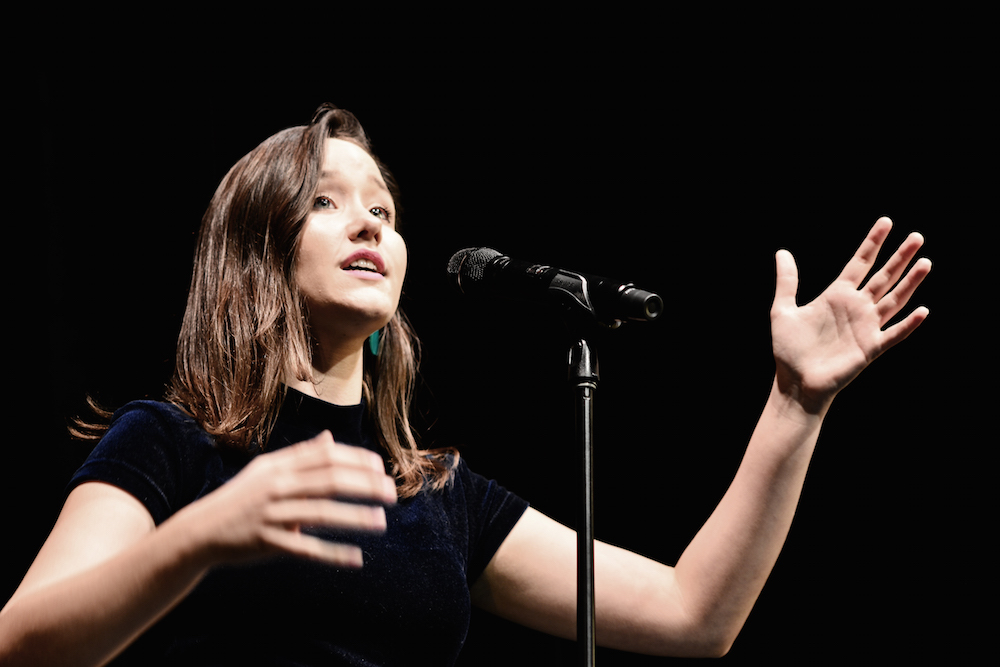
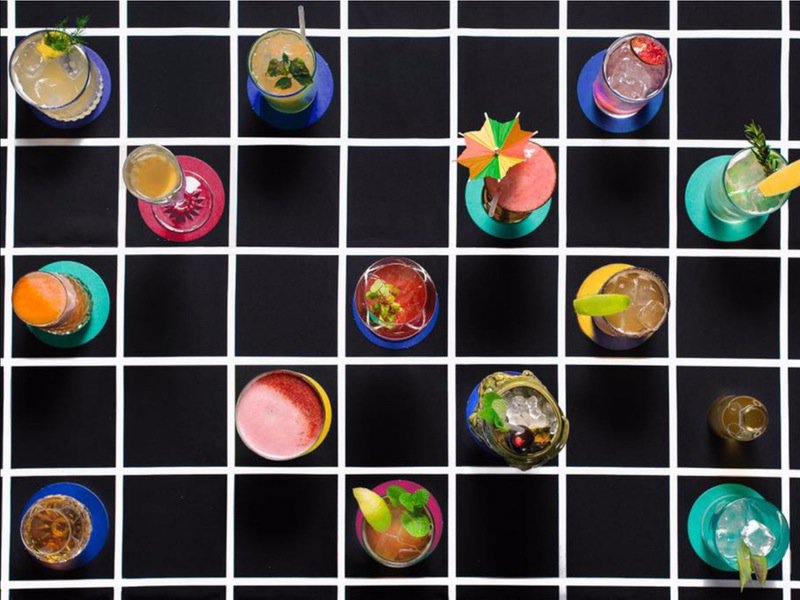
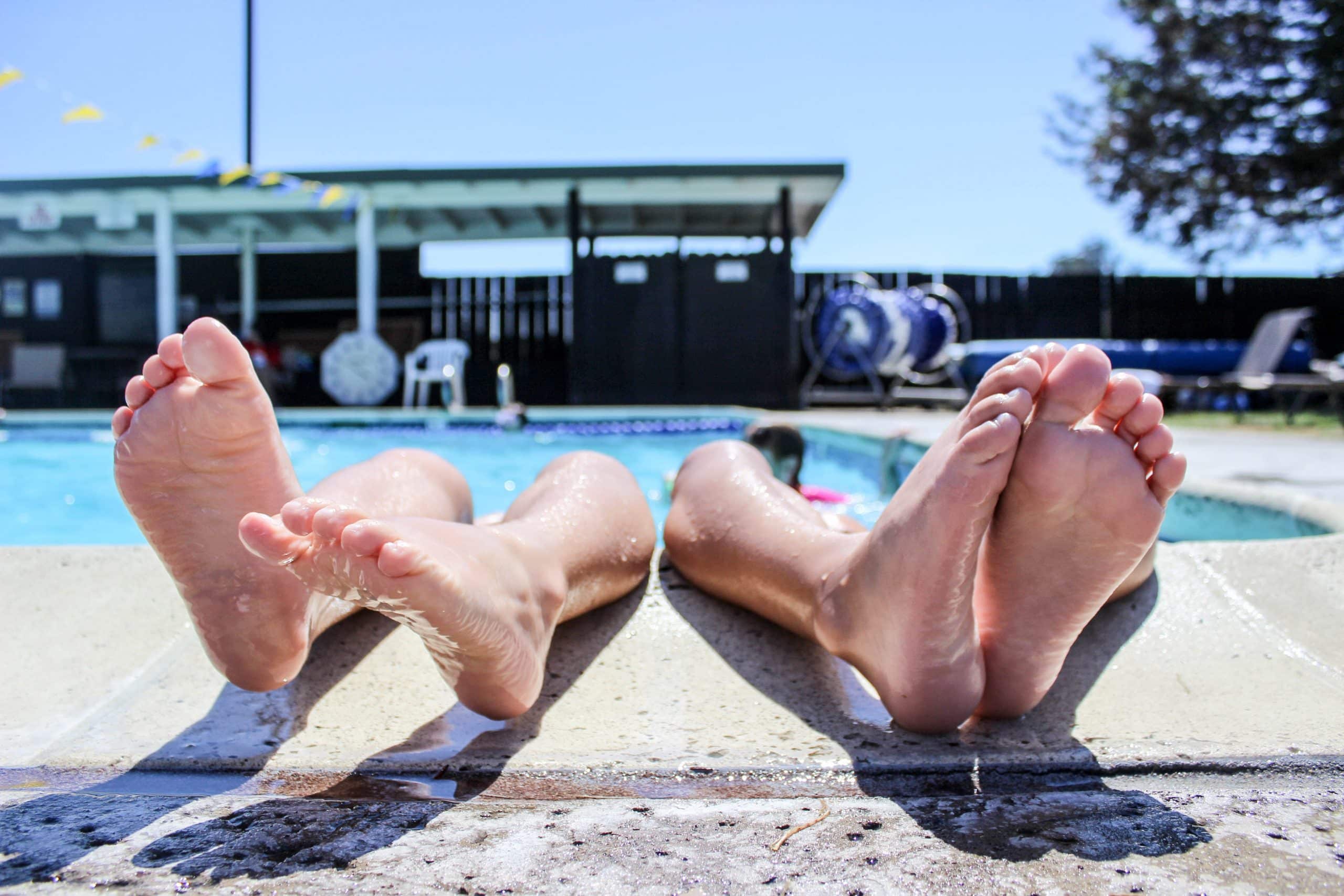
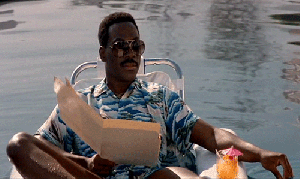
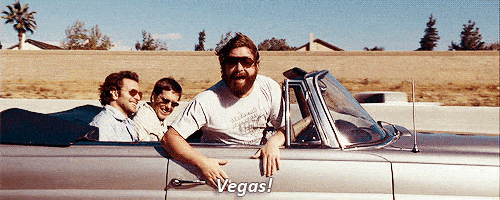
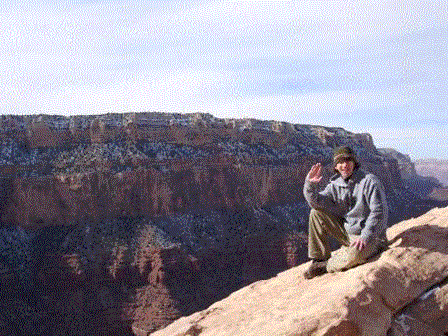
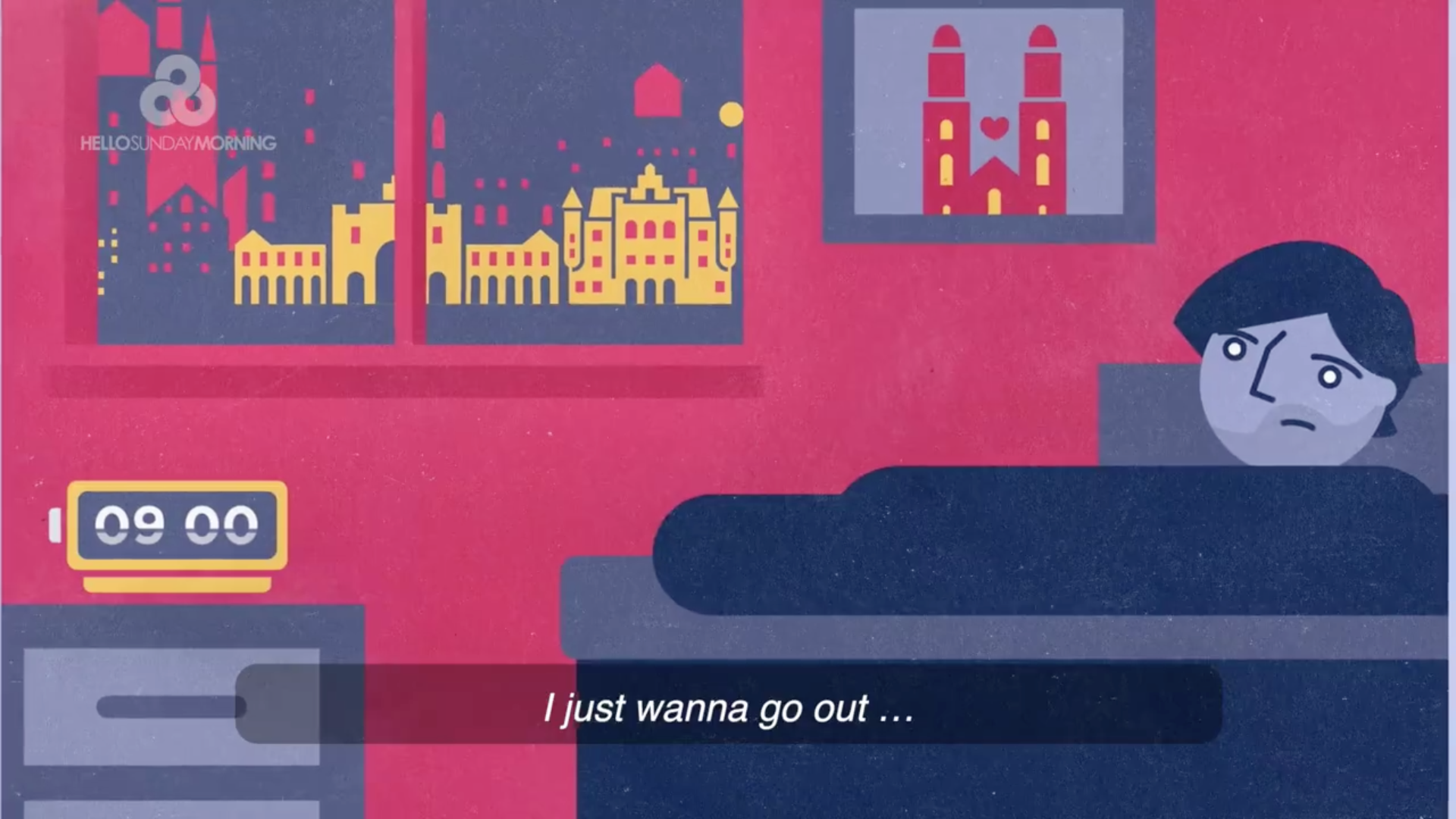 I just wanna go out … Just one, maybe? Just one?
I just wanna go out … Just one, maybe? Just one?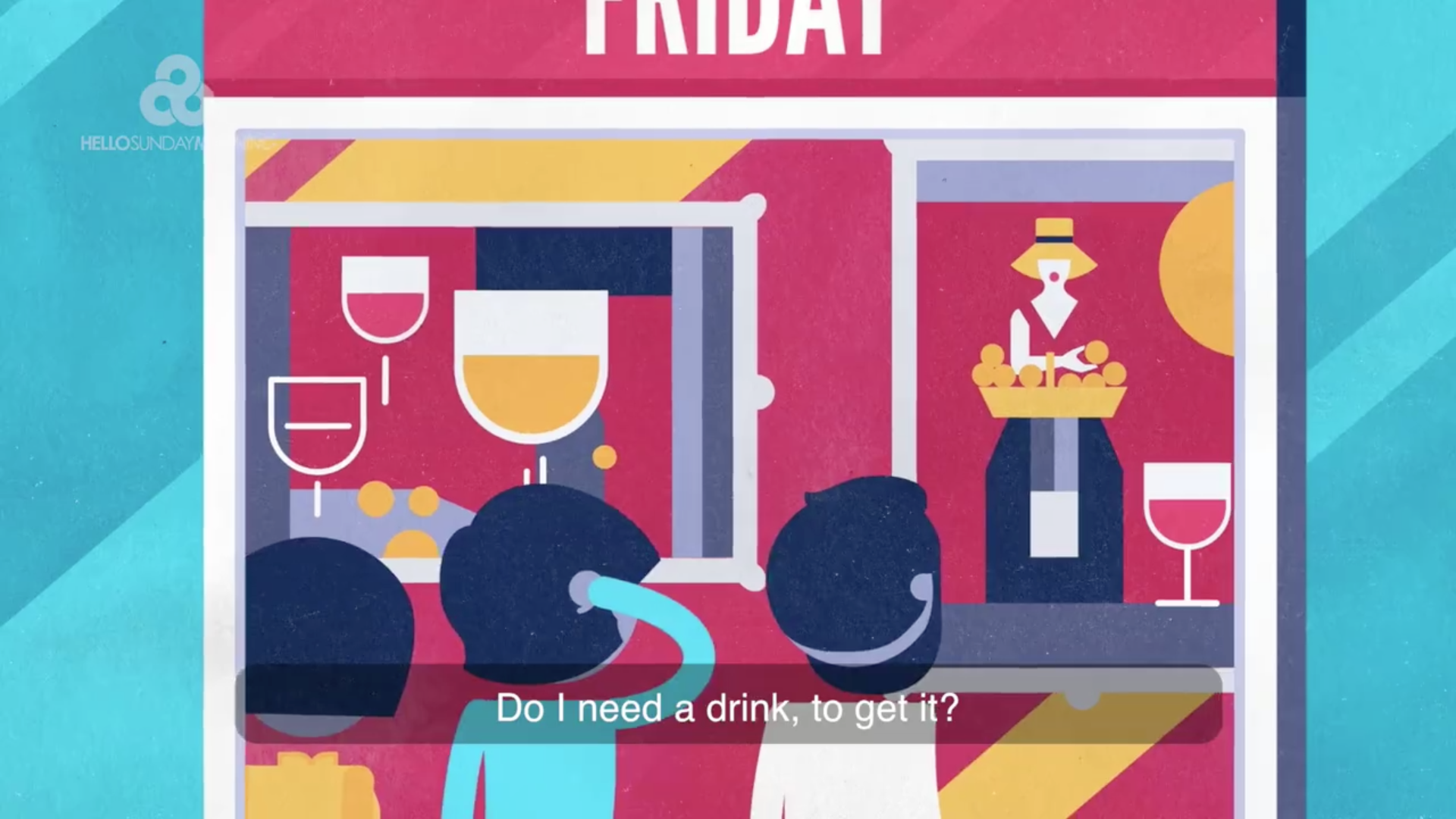 Another gallery … I don’t get it. Do I need a drink, to get it?
Another gallery … I don’t get it. Do I need a drink, to get it? Why couldn’t I find a good pizza? Didn’t these guys invent it?
Why couldn’t I find a good pizza? Didn’t these guys invent it?